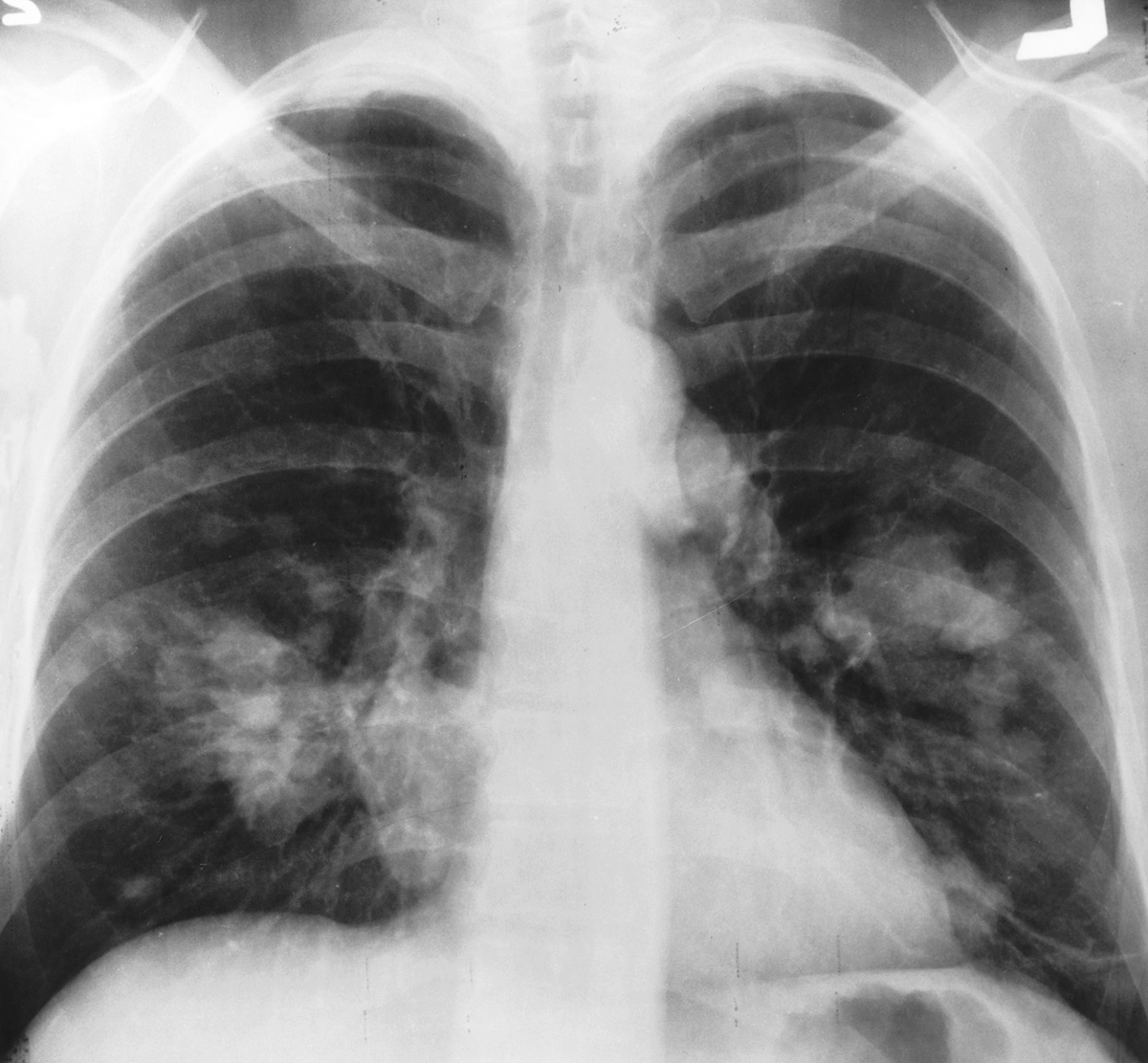
Cancer in general
Each cell in your organism has a regulated life cycle. New cells are produced only when needed, and all cells are 'ordered' by adequate mechanisms to work, and to multiply only when told to. If something in these regulatory mechanisms goes haywire, cells might just go pop and begin to multiply endlessly,and without any control. This unchecked division and proliferation of cells results in a formation of mass known as tumor.
What a tumor does is basically just grow at the expense of organism. Yet, there are two types of tumors. The bad one (or, if we do science talk, the malignant one) is what is known as cancer. It grows super-aggressive and destroys tissue around it. Cells from this tumor, if detached (common when tumor spreads so much to provide its cells access to bloodstream) can end up anywhere in the organism and start off another malignant tumor, equally aggressive and destructive. This is known as metastasis and bears a grim prognosis if it happens.
Why is lung cancer so mean
Lung cancer is particularly troublesome type of cancer because it tends to metastasize early, it can cause a sudden burst of cancerous tumors all over the organism, making it difficult to treat and very life-threatening. It is notorious for frequent formation of metastases in vital organs such as liver and brain. It is second deadliest cancer, place number one being held by breast cancer for women and prostate cancer for men.
Because of their function and nature, lungs are also highly susceptible site of metastases that originate from other cancers. Such metastases are not regarded as lung cancer, as cancer (and its metastases) is named by its place of origin. But they still destroy lungs.
Misdiagnosis
Misdiagnosed lung cancer can lead to receiving no treatment, wrong treatment, or delayed treatment, and it is tough to decide which is worse, as earliest possible start of (right) treatment is the only thing that is adequate. All other cases drastically reduce chances of patient's survival.
Misdiagnosis can occur because of mistaking the cancer as another condition which is not cancer, or mistaking symptoms of other condition as cancer, wrong identification of tumor (benign as malignant, or malignant as benign), failure to obtain a full medical history, not performing necessary tests, and misinterpreting test results. This leads to initiation of unneeded treatment (an unpleasant thing with many side effects), or initiation of wrong treatment, or no treatment at all where one is needed.
Negligence resulting from misdiagnosis usually leads to pain, mental anguish, suffering, financial loss related to cost of treatments, and, sadly, loss of life. Victims of lung cancer misdiagnosis are legally entitled for compensation, and can check their claims for free with a medical attorney.

















Your thoughts on this
Loading...